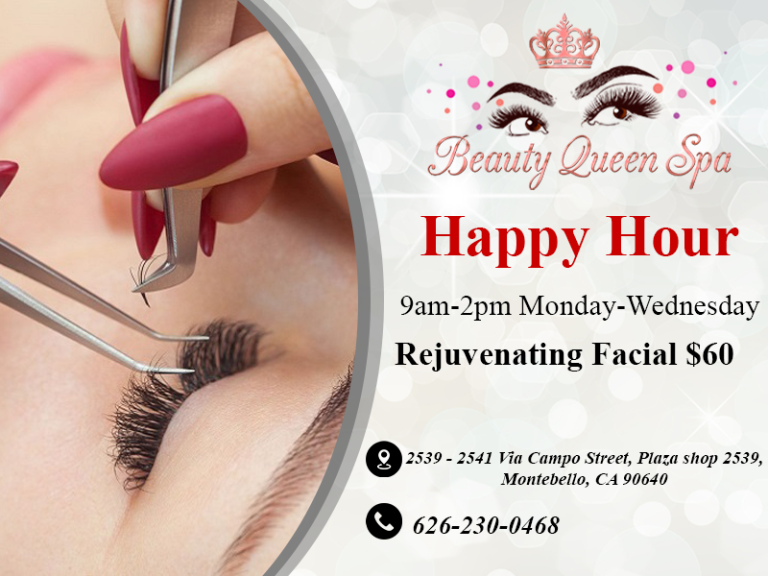Lip balm is a beauty essential that many of us use regularly, especially during colder months or in dry climates. But have you ever wondered whether using lip balm is necessary for your lips’ health, or if you could be doing more harm than good? This article provides a comprehensive look at lip balm, addressing its benefits, drawbacks, and how to use it effectively.

What is Lip Balm?
Lip balm is a skincare product designed to hydrate, soothe, and protect the lips. It typically comes in stick, pot, or tube form, and it contains various moisturizing ingredients like beeswax, shea butter, and oils to keep lips soft and smooth.
Key Ingredients Found in Lip Balms:
- Beeswax: Forms a protective barrier, locking moisture into the skin.
- Shea Butter: Provides deep hydration and helps repair damaged skin.
- Petrolatum (Vaseline): An occlusive agent that prevents moisture loss.
- Natural Oils: Coconut oil, jojoba oil, and others are often used for their nourishing and moisturizing properties.
Benefits
Lip balms serve various purposes, all designed to maintain lip health. Let’s explore the benefits:
- Hydration
The primary role of lip balm is to moisturize and hydrate the lips. Our lips can dry out easily due to environmental factors like wind, sun, and cold weather. Lip balm provides a protective layer to keep the lips soft and smooth. - Protection from Environmental Damage
Just like the skin on your face, your lips are also vulnerable to environmental elements. It can shield your lips from sun damage (if it contains SPF), cold air, and wind, which can cause cracking, chapping, and irritation. - Preventing Cracked Lips
Dry, cracked lips can be painful and even lead to infections. Regular use of it can prevent this by keeping your lips moisturized and protected from harsh elements. - Improved Appearance
Well-moisturized lips look plumper and healthier, making it a great base for lipstick. It creates a smooth surface, preventing lipstick from settling into cracks or dry patches. - Soothing and Healing
Some lip balms contain ingredients like aloe vera or vitamin E, which help soothe irritation and promote the healing of damaged lips.
Drawbacks of Lip Balm Usage
While lip balm has numerous benefits, it is important to understand that overusing or misusing lip balm may lead to unintended consequences. Below are some potential drawbacks:
- Dependency
If you frequently use lip balm, your lips may become reliant on it for moisture, which can hinder your lips’ natural ability to retain hydration. This can lead to a cycle of overusing lip balm without addressing the root cause of dry lips. - Potential Irritation
Some lip balms contain fragrances, preservatives, or synthetic chemicals that may irritate sensitive lips. Always choose balms with natural ingredients to minimize this risk. - Clogged Pores
If lip balm is applied too frequently or left on overnight, it can block the pores around the lips, leading to breakouts or other skin issues. It’s essential to ensure you’re using the right kind of balm for your skin type. - Excessive Use Can Dry Lips Out
Some lip balms may contain menthol or camphor, which can create a cooling sensation but may also cause irritation and dryness in the long term. Overuse of these products can lead to your lips feeling drier than before.
How to Properly Use Lip Balm
To maximize the benefits of lip balm and avoid potential issues, follow these tips for optimal care:
- Apply sparingly: A thin layer is usually enough to keep lips hydrated without creating a dependency on the balm.
- Choose natural ingredients: Opt for lip balms with organic and hypoallergenic ingredients to avoid irritation.
- Exfoliate your lips: Gently exfoliating your lips once or twice a week will remove dead skin cells and help the balm absorb better.
- Use SPF protection: Choose lip balms that contain SPF 15 or higher to protect against harmful UV rays.
- Don’t overuse: If your lips are constantly dry, it’s worth looking at other factors, such as dehydration or an allergic reaction, as these could be the root cause.
When Should You Use Lip Balm?
- In Cold Weather: The chilly winter air can cause lips to crack and peel. Apply lip balm to lock in moisture and prevent damage.
- After Exposure to the Sun: Sunburnt lips are painful and can take a long time to heal. Use a lip balm with SPF to protect your lips from UV rays.
- Before Bed: Overnight hydration is essential. A nourishing lip balm applied before bed can work wonders for your lips while you sleep.
What If Lip Balm Isn’t Working for You?
If you find that lip balm isn’t improving your dry lips, it may be time to consider other underlying causes:
- Dehydration: Ensure you’re drinking enough water throughout the day.
- Allergic Reaction: Certain lip balms can cause sensitivity. Try switching to a fragrance-free or natural option.
- Medical Condition: Conditions like eczema or psoriasis can affect lip health. Consult with a dermatologist if the problem persists.
Summary and Action Points
Lip balm is a convenient and effective tool for protecting and moisturizing the lips. However, like any skincare product, it should be used wisely. Don’t rely solely for health—make sure you’re also addressing environmental factors, maintaining hydration, and using natural products.



